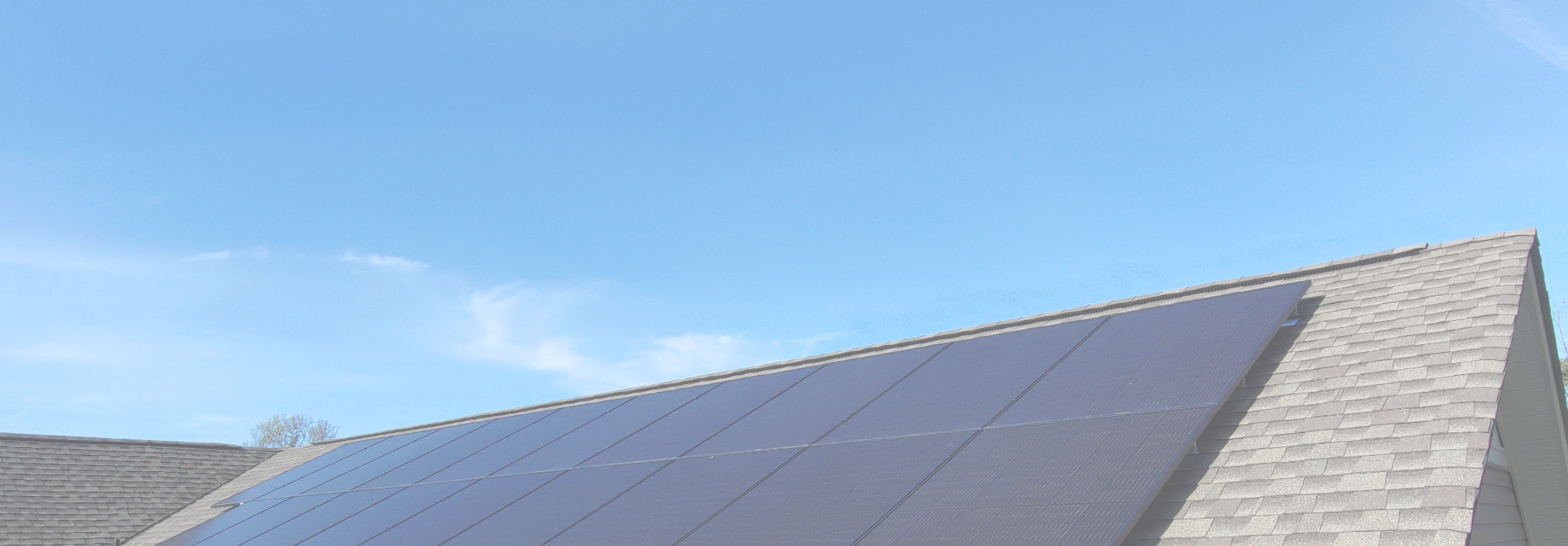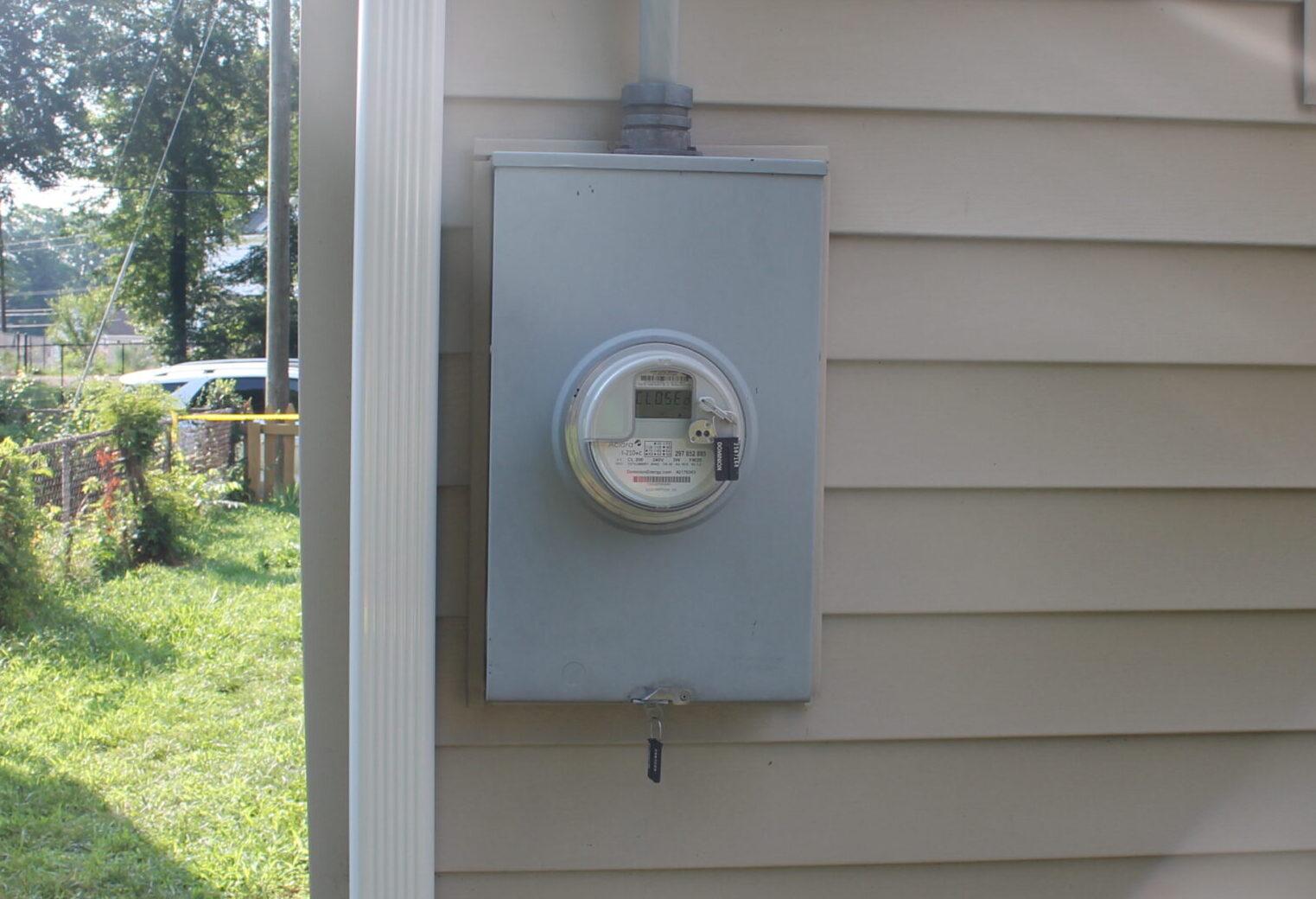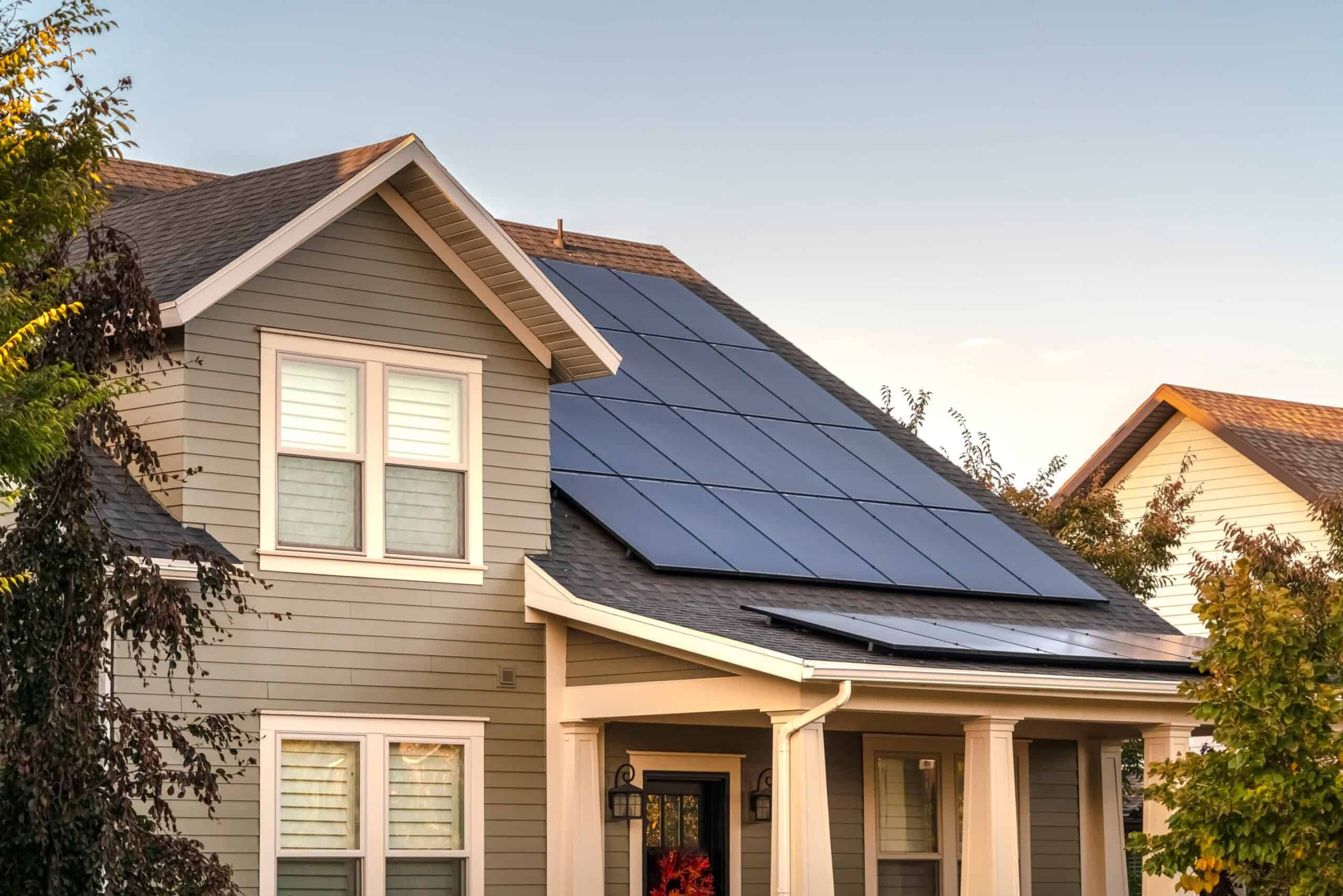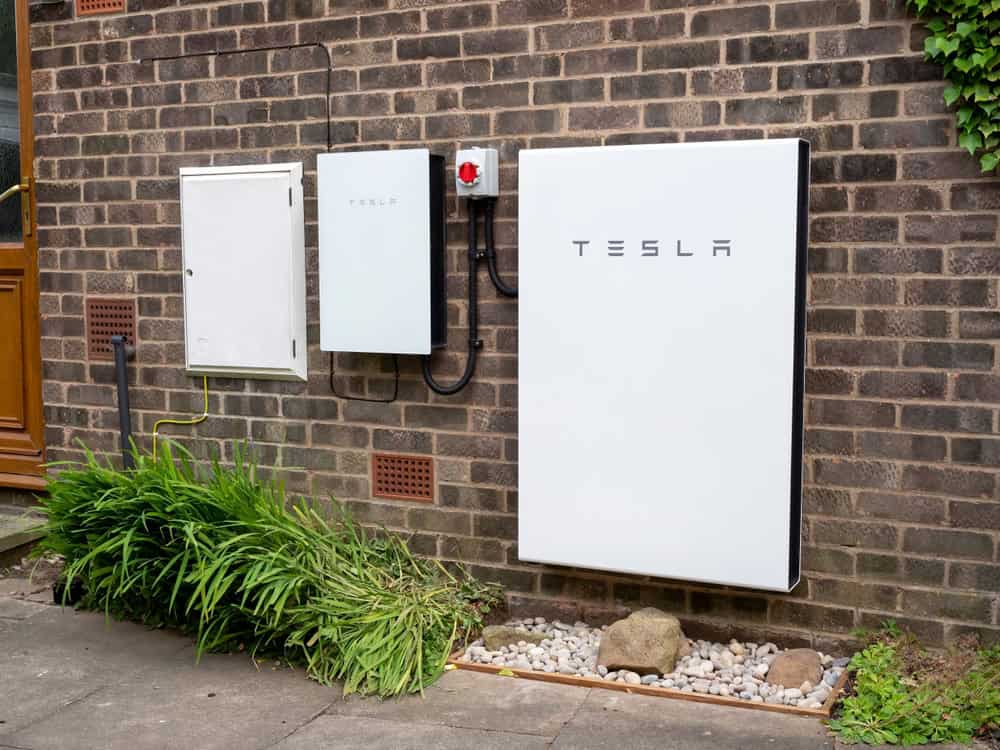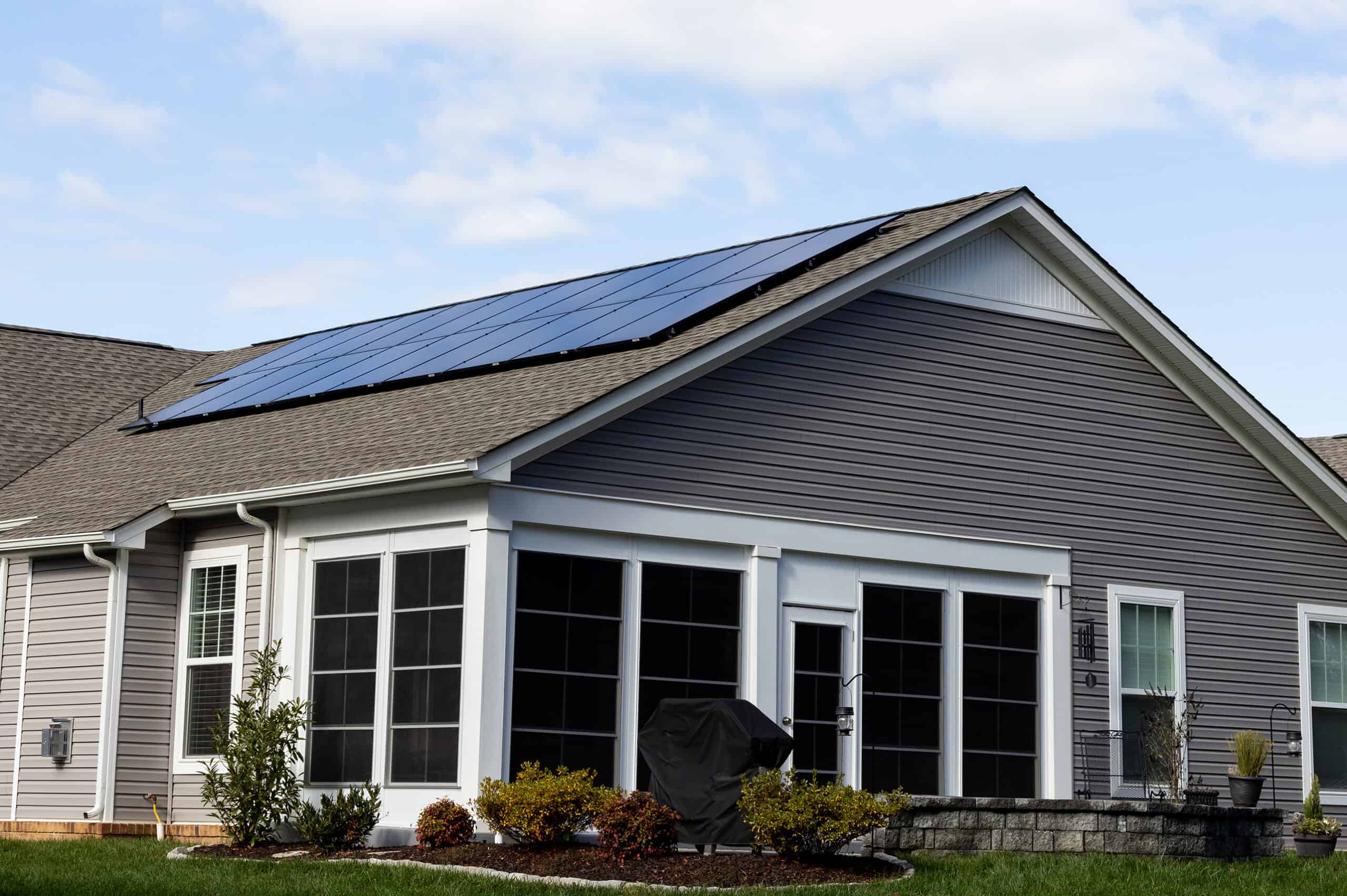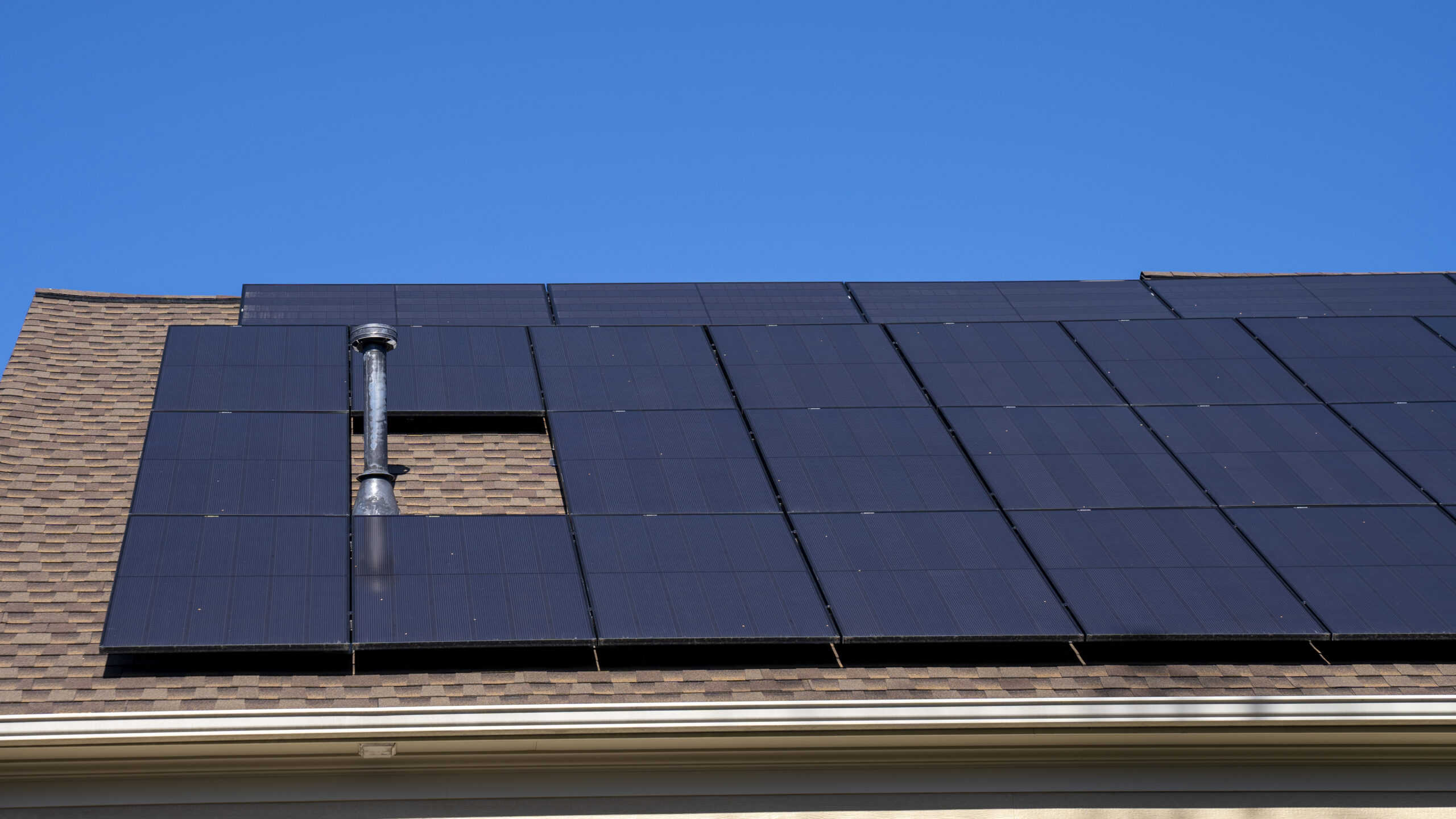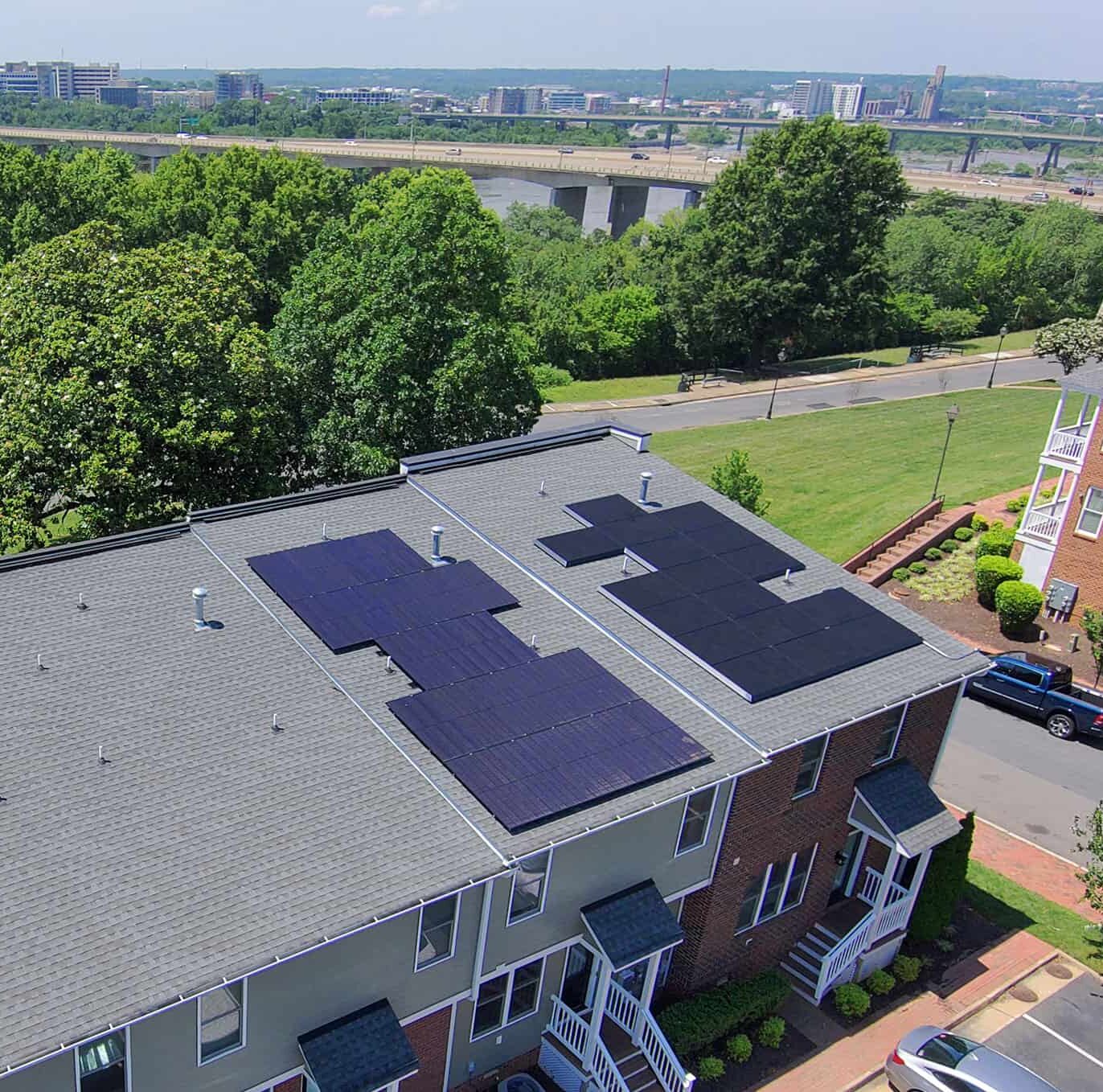What is Net Metering
Net metering is an electric billing mechanism using the electric grid as storage of any extra electricity produced by your solar energy system. Basically, any extra electricity that you produce with your solar panels and don’t use is considered as “net metering.” It is then passed back to the grid and can be used as a credit for your future use.
For example, you can use your net meter credits on cloudy or rainy days when you won’t be able to produce a lot of electricity. On those days, the grid will feed the electricity back into your home. Keep in mind that you will only be billed for the ‘net’ energy used. Net metering, also called NEM, is one of the solar industry’s core policies.
Use Net Metering to Save by Going Solar
Not only can net metering help you store unused energy produced to be used when needed, but it can also save you thousands of dollars over the course of your solar system’s life. Keep in mind that this applies if you don’t need electricity from the grid when in shortage.
Net metering isn’t the only advantage of to switching solar, but it is definitely one of the most common and efficient ones used by millions of people.
Curious how you can take advantage of NEM? Get in touch with Dominion Energy Solutions to see how much you can save by installing solar panels.
Frequently Asked Net Metering Questions
How Does Net Metering Work?
It is simple! When you have a metered solar system installed, and you are generating more electricity than required by your property, the excess is sent back to the grid effectively running your meter in reverse. On days when you require more electricity and your system isn’t producing enough, you automatically will be ‘credited’ the extra electricity that you previously stored. At the end of your billing month or year, you are effectively billed the net amount of what you put onto the grid and what you used off the grid. That’s why it’s called net metering!
Although having an accurately-sized solar panel system means that you will produce enough energy to run your property all year around, energy production can vary during different times of the year. As you can assume, the solar panels will be able to generate more electricity on sunny, summer days than during shorter, cloudier winter days. That’s why net metering is a great tool to help you throughout the year as it credits you with the unused, extra electricity generated by your panels.
You are able to receive bill credits for the energy your solar panel system will produce. In the majority of the cases, it won’t mean you get a cash credit for the excess electricity, but rather you will be able to carry credits over the future years. It is recommended you design a solar system that will keep you as close to 100% of your energy needs as possible to avoid producing an excessive amount of extra electricity.
Why Do We Have Net Metering?
Net Metering encourages customers to consider a small-scale renewable energy system, while ensuring they still always have a reliable source of energy from the grid even during times when their own generator isn’t producing energy.
How Do Electricity Bills Work With Net Metering?
Usually, most properties with a solar panel system installed will generate more electricity in the warmer months and use more from the grid during colder months.
In general, most homes will produce excess electricity in the summer months and will use more electricity from the grid in the winter (including Virginia). Because these variations in production are fairly predictable, your utility won’t send you a monthly check when you produce more than you need. Instead, you will build up extra credits during the summer months so that you can draw from them at night and during the winter months when you need them. With the right design, your system can generate enough power to match your total electricity use for a year, even if you produce much more than you need in some months and much less in others.
If you generate more electricity than needed over a month, you will then receive a credit depending on the net amount of kwh that you returned to the grid. During a month if you generate less electricity than needed, you will need to purchase the missing amount from the utility company, paying for the electricity used minus any excess generated by your solar panel system.
What If I Decide To Go Off The Grid?
Basically, net metering uses the grid as a big solar storage battery. If you decide to opt out and install an ‘off-grid’ panel system, you won’t take advantage of net metering as you cannot depend on the grid as energy storage: you will need your own batteries to keep the energy running in the dark. That’s why we strongly recommend all customers to stay connected to the grid.
Four Reasons to Choose Dominion Energy Solutions
Save More
Our pre-screened installers compete for your business ensuring you get the right system for the best price.

Financing
No hidden fees. No bait and switch. We’ve cleaned up the financing for clean energy.
Go Green
Earn credits on your electric bill. Help the environment while increasing the value of your home.
